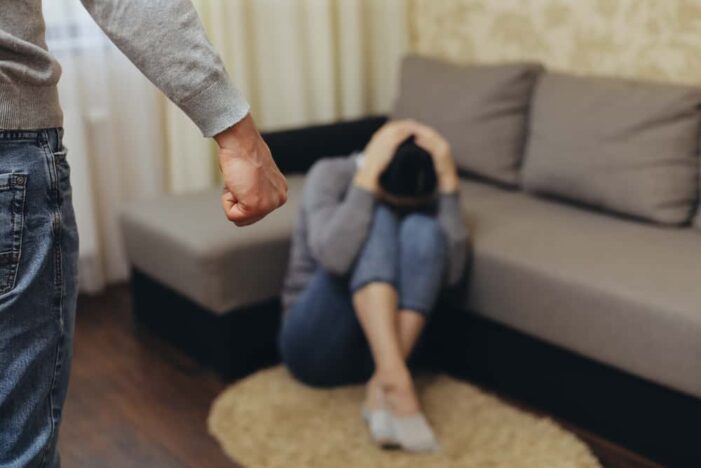| Victims should be believed Intimate partner violence is making headlines right now after the video of Sean Combs was released last week, showing the hip-hop mogul shove, grab, drag, and kick his ex-girlfriend Cassie Ventura on a hotel surveillance video from 2016. Combs had previously denied any claims of abuse last fall. Natalie Hayden, co-host of “Exposed The Podcast,” which is part of a Milwaukee nonprofit that focuses on supporting survivors of domestic abuse, stated that the Combs incident signals a troubling trend of victims of domestic violence not being believed. “When someone tells you they are the victim of intimate partner violence, you should believe them,” she said. Ventura, Comb’s ex-girlfriend, delivered a similar message last week after the 2016 video surfaced. “My only ask is that everyone open your heart to believing victims the first time,” she said. “It takes a lot of heart to tell the truth out of a situation that you were powerless in.” After lockdown orders were put in place during the 2020 pandemic, a report from the National Commission on COVID-19 and Criminal Justice showed that incidents of domestic violence in the U.S. increased by more than 8%. 
The pandemic’s home isolation separated potential abuse victims from their support networks, making it difficult to detect signs of abuse and escape dangerous environments. This was incredibly challenging for those living in poverty or for women with children, as it hindered their ability to leave, Hayden said. Domestic violence and intimate partner violence numbers are staggering. According to the National Coalition Against Domestic Violence (NCADV): - Approximately 35.6% of women and 28.5% of men in the U.S. have experienced rape, physical violence, and/or stalking by an intimate partner in their lifetime.
- Around half of women and men have experienced psychological aggression from an intimate partner in their lives.
- Every year, an estimated 324,000 women are pregnant when they are subjected to violence by an intimate partner.
Factors such as financial struggles, depression, heavy drinking and drug use, and anger issues can increase the likelihood of someone becoming an abuser, Hayden said. | 